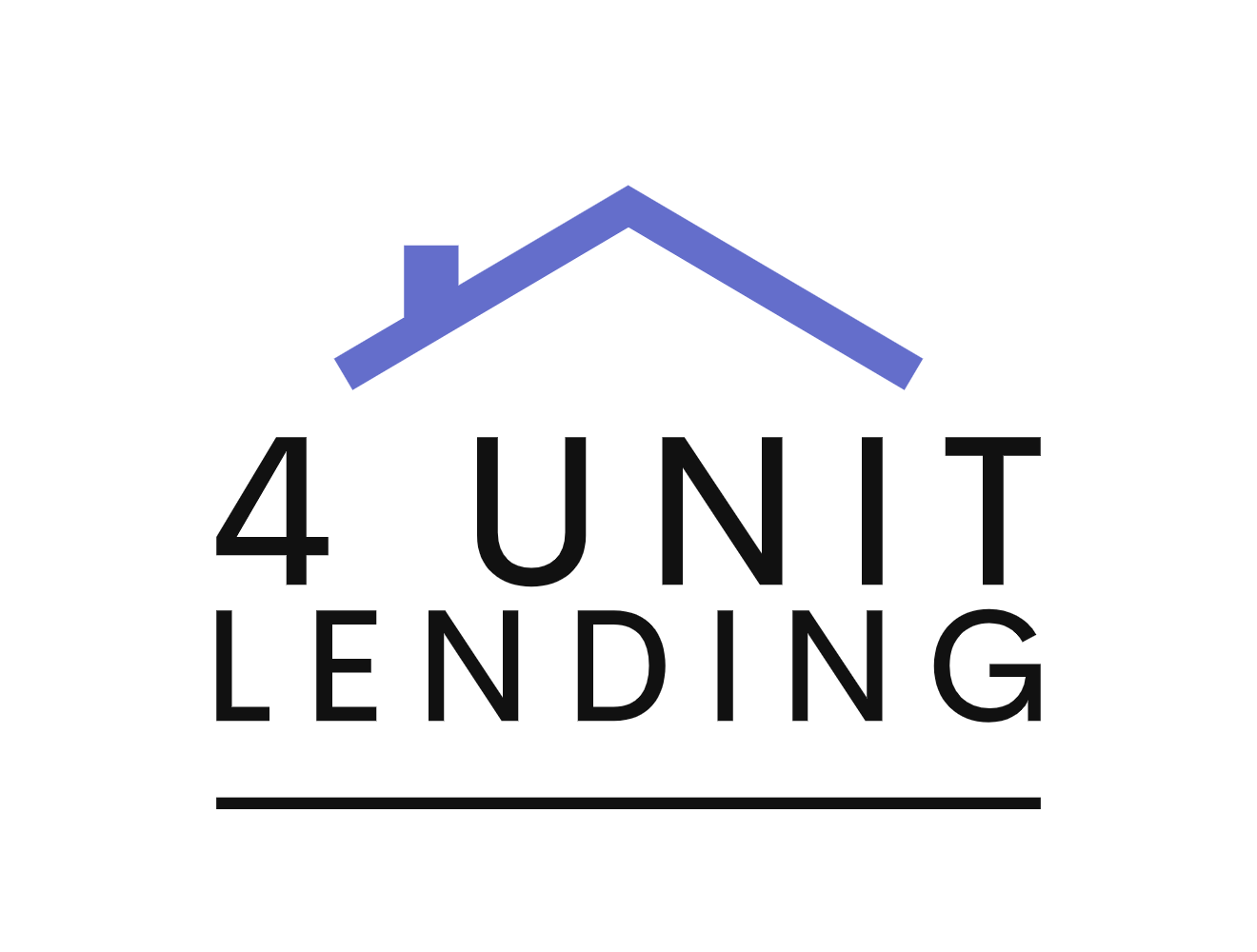The rapid advancement of artificial intelligence (AI) and automation is reshaping the job market in profound ways. As these technologies continue to quickly evolve, a disparity in the labor market will emerge, particularly between blue-collar and white-collar workers. The implications of this shift are significant, especially for real estate investors who are looking to capitalize on emerging economic trends.
At the heart of this transformation is a key thesis: new technology is deflationary. AI will be particularly deflationary in the context of white collar labor. This is because AI increases the productivity of white collar workers. Assuming that the Federal Reserve’s efforts to maintain a 2% inflation target remain the policy goal, it stands to reason that blue collar wage growth may exceed the pace of white collar wage growth over the next 10 years.
For real estate investors, this seismic shift in technology creates unique opportunities. As blue-collar wages rise, home prices—especially those linked to blue-collar labor—are likely to appreciate significantly. Given the constant demand for housing (a regional argument, I know), housing value should grow at least by replacement cost. Since replacement costs depend more on blue-collar wages than on white-collar wages, housing may receive an additional boost as an inflation hedge. This trend makes investing in real estate even more attractive, providing a hedge against emerging blue-collar wage inflation.
AI-Driven Economic Shifts
Daron Acemoglu, Economist at MIT:“AI and automation are likely to create a future where many white-collar jobs—especially those that involve repetitive tasks—are at risk. However, this also opens up opportunities for new types of jobs that require human creativity, judgment, and interpersonal skills.”Mark Cuban, Entrepreneur and Investor:“If you’re in a white-collar job, you’re in the crosshairs of artificial intelligence and machine learning. It’s time to think about what skills you can add that machines won’t easily replicate. We’re going to see a shift where jobs that require critical thinking, creativity, and emotional intelligence become more valuable.”
AI and automation are fundamentally altering the landscape of white-collar jobs. AI systems now streamline tasks that once required human intelligence and decision-making, increasing efficiency and reducing demand for certain types of white-collar labor. As companies adopt these technologies, they expect a decline in demand for roles in areas like data entry, basic analysis, and some aspects of customer service. This shift contributes to wage stagnation and, in some cases, a decline in white-collar wage growth.
In contrast, blue-collar jobs, particularly those in sectors like construction and manufacturing, are not as easily automated. While AI and automation are making inroads in these industries, the nature of the work—often hands-on, requiring physical presence and manual dexterity—means that human labor remains essential. As a result, blue-collar workers are likely to see their wages rise at a faster rate than their white-collar counterparts. The increasing demand for skilled labor in these sectors drives this wage growth, along with a shortage of workers willing or able to fill these roles.
Blue-Collar Inflation
This dynamic is leading to what can be described as “blue-collar inflation.” As wages in blue-collar industries rise, the costs associated with these jobs—such as those in construction and manufacturing—are also expected to increase. For instance, the cost to build homes is likely to rise due to higher labor costs in lumber mills, construction, and contracting. This, in turn, will drive up the replacement costs for existing homes, contributing to an overall increase in property values.
Real Estate as an Inflation Hedge
Real estate has long been considered a reliable hedge against inflation. Property values tend to rise in tandem with inflation, making real estate an attractive asset class for investors looking to preserve and grow their wealth. However, in the context of the current economic shifts, real estate offers even greater potential.
As blue-collar wages rise, so too will the cost of building and maintaining homes. This increase in costs will likely be passed on to homebuyers and renters, driving up property values across the board. For real estate investors, this presents a significant opportunity to capitalize on these trends by investing in properties that are poised to benefit from blue-collar wage growth.
By gaining exposure to rising blue-collar wages through real estate investments, investors can position themselves to benefit from both increased rental income and significant home price appreciation. Since real estate values are likely to increase faster than general inflation rates, investors can use this strategy as a powerful hedge against economic shifts driven by AI and automation.
Moreover, real estate investments provide stability in an otherwise uncertain economic environment. Other asset classes may respond more volatilely to changes in the job market. In contrast, real estate offers tangible value that tends to appreciate over time. This characteristic makes real estate an ideal investment. It helps safeguard wealth against the potential risks of blue-collar inflation.
Seize the Opportunity
For investors who believe in the theory of blue-collar inflation, real estate investing becomes an even more attractive opportunity. Investors can position themselves to benefit from wage growth in blue-collar sectors. This strategy allows them to hedge against inflation and keeps their portfolios resilient amid economic changes.
At Dominion Financial Services, we understand the importance of capitalizing on these trends. That’s why we offer long-term rental loans for new purchases and refinances, with a DSCR price-beat guarantee and fast closings. Whether you’re looking to add a single property or expand your portfolio, we’re here to help you navigate the evolving real estate landscape.
Don’t miss out on this unique opportunity—get your quote today and start investing in the future of real estate.

